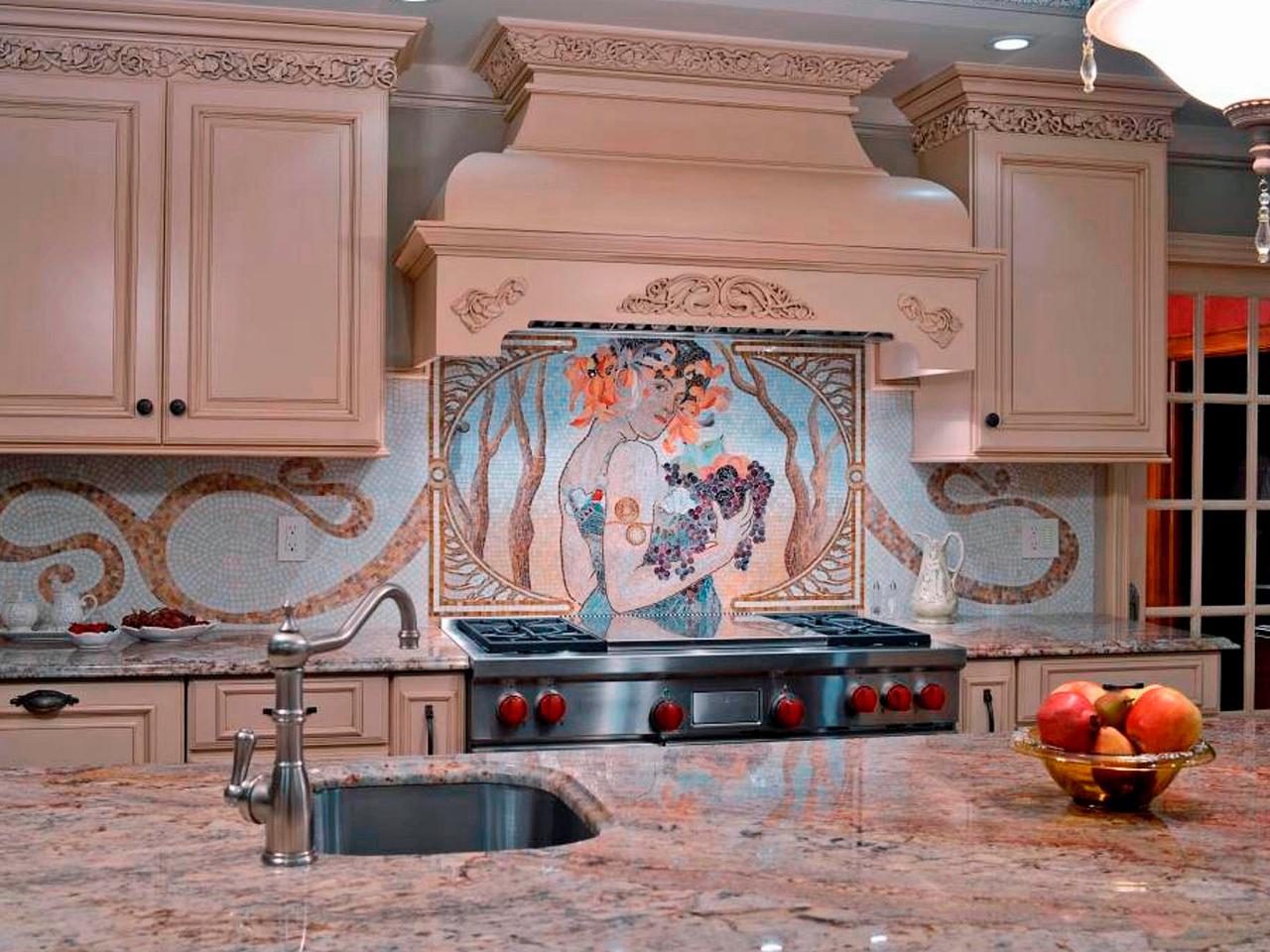Have you ever admired those sleek, modern kitchens with their stunning tile backsplashes and wondered if you could achieve the same look without breaking the bank? What if we told you that the answer may already be sitting right under your feet? Yes, you read that right! In the world of kitchen design, a common question arises – can you use floor tile for a kitchen backsplash?

Image: ninjaflowerjessie.blogspot.com
Using floor tile in this unexpected way has become a popular and practical trend. You can create a cohesive and stylish look while leveraging pre-existing tiles to save costs and time. This approach isn’t just trendy; it can be incredibly cost-effective and allows for more creative design choices. But, is it wise, or are there factors to consider? Let’s dive into the world of kitchen tile and see if using floor tile for a backsplash is truly a winning idea.
Understanding the Dynamics: Floor Tile vs. Backsplash Tile
First, let’s get to the heart of the matter. Floor tile and backsplash tile aren’t the same creature. While both are ceramic or porcelain, they have unique properties designed for specific applications.
- Floor tile is meant to withstand heavy foot traffic and constant wear and tear. They are often thicker and denser due to their structural purpose.
- Backsplash tile is primarily designed for aesthetic appeal. They can be thinner and are often more delicate, as they don’t have to endure the same kind of pressure. They also tend to be more decorative in nature, with a wide array of colors, patterns, and textures.
The Pros of Using Floor Tile for a Backsplash:
If you’re on the fence about using floor tile, there are some compelling advantages:
- Cost-Effective: Floor tiles are generally more affordable than backsplash tiles. You can potentially save a significant amount of money by repurposing existing floor tiles or sourcing them for a lower cost.
- Durability: As we mentioned, floor tiles are known for their rugged nature. This means your backsplash will be highly resistant to scratches, chips, and stains. It’s a practical choice for a high-traffic area like the kitchen.
- Versatility: Floor tile comes in a wide range of colors, patterns, and styles. It’s relatively easy to find a type that complements your kitchen’s overall aesthetic, whether you prefer sleek modern, charming farmhouse, or something else entirely.
The Potential Cons: Weighing the Risks
While using floor tile for a backsplash sounds convenient, it’s not always a perfect fit. Here are some cons to consider:
- Thickness: Floor tiles are thicker than backsplash tiles. This can create a slight mismatch in depth between the tile and the countertop, leading to an uneven or unpolished appearance.
- Weight: Floor tiles are heavier than backsplash tiles, which can put extra strain on the wall and require additional support before installation. This can be especially important if you’re working with a more fragile wall surface.
- Installation: Depending on the type of floor tile you choose and your level of experience, installation can be a bit more involved than installing backsplash tile. It’s essential to consider whether this is a project you’re comfortable tackling yourself or if you need professional help.

Image: housely.com
Navigating the Practicalities: Tips for a Successful Install
If you’re determined to use floor tile for your backsplash, here are some tips to maximize your chances of success:
- Choose the Right Tile: Look for floor tiles with a smooth, flat surface and a low coefficient of friction. This will ensure that the tile is easy to clean and won’t be too slippery to the touch.
- Grout Carefully: Grout selection is crucial. Choose a grout designed for high-traffic areas to avoid staining and cracking. You can also opt for epoxy grout for extra durability and water resistance.
- Ensure Proper Support: If you’re working with a fragile wall, reinforce it before installation. This will prevent the weight of the tiles from causing cracks or damage.
- Seek Expert Advice: If you’re unsure about any aspect of the installation process, consult a professional tile installer. They can provide expert advice and ensure a professional finish.
Expert Insights: The Pros Weigh In
We reached out to experienced kitchen designers and contractors to get their take on using floor tiles as backsplashes. Here’s what they had to say:
- “It can be a cost-effective choice, but pay attention to the tile type.” – Kitchen Designer, Sarah Miller.
- “Choose a tile with a smooth, non-porous surface for easier cleaning and maintenance.” – Contractor, Jack Johnson.
- “Invest in a quality grout and consider a sealant for added protection.” – Kitchen Designer, Daniel Jackson.
The key theme is that while it is doable, there are careful considerations to understand.
Can You Use Floor Tile For Kitchen Backsplash
Transforming Your Kitchen: A Creative and Cost-Effective Solution
Using floor tile for a kitchen backsplash can be a fantastic way to give your space a unique look without breaking the bank. Just be sure to consider the pros and cons we’ve outlined and put proper planning into action. With the right approach, you can create a stylish, durable, and budget-friendly backsplash that will be the envy of your neighborhood.






